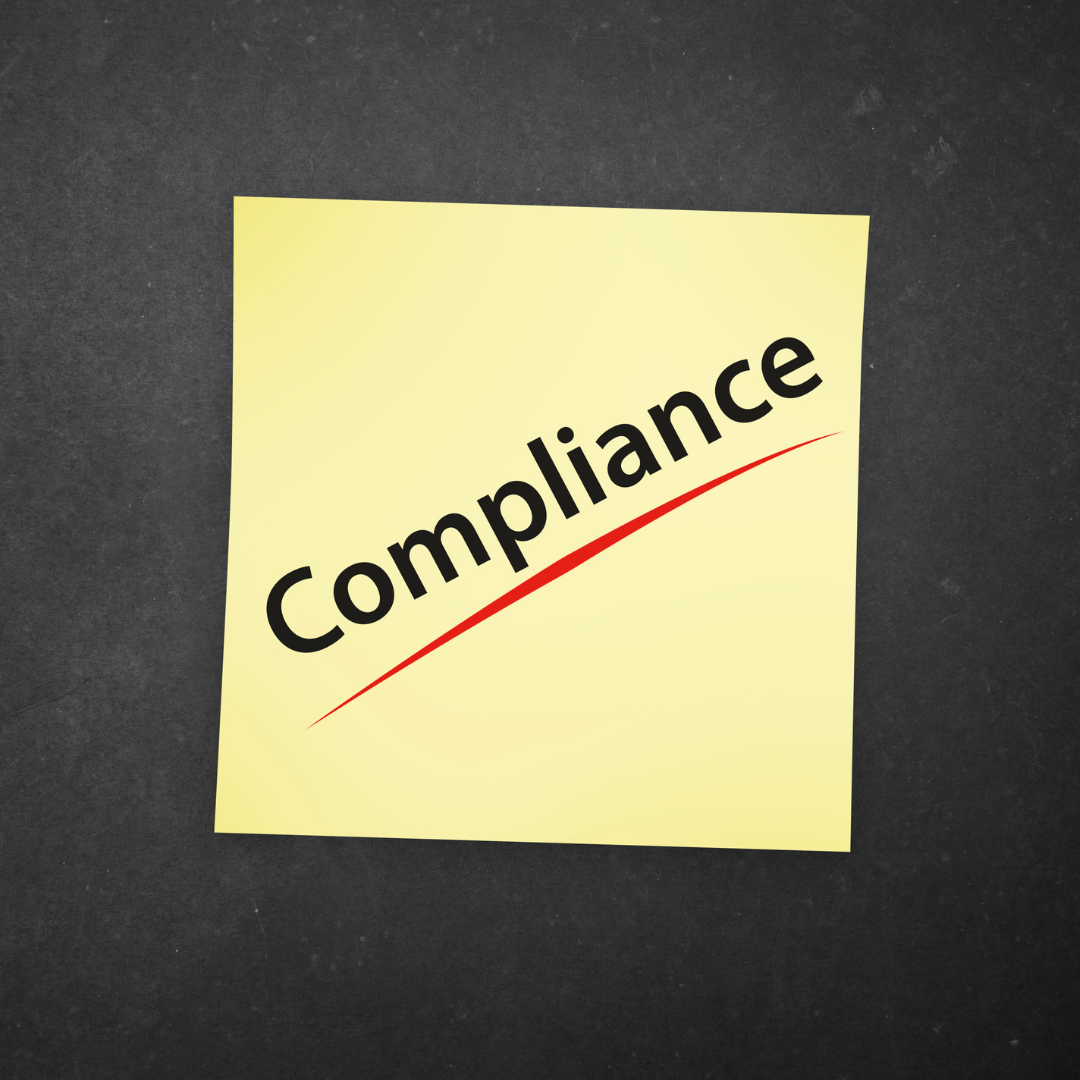Application for seeking the Status of Active Company
Corporate Compliance Guidelines-The application for seeking the status of an active company is a formal request made by businesses to regulatory authorities, signaling their compliance with legal requirements. This application serves as a declaration of the company’s adherence to statutory obligations, such as timely filing of financial statements, maintaining a registered office address, and ensuring proper governance practices. By submitting this application, companies affirm their commitment to transparency, accountability, and regulatory compliance. Timely submission of the application is essential to avoid penalties and maintain the company’s active status, thereby fostering trust among stakeholders and upholding its legal standing in the business ecosystem.
Keeping Your Company Compliant: A Guide to Corporate Governance and Legal Obligations
In the dynamic landscape of business, maintaining compliance with regulatory requirements is paramount for the smooth functioning and credibility of any company. From annual filings to adhering to corporate governance standards, businesses must stay updated with their legal obligations to avoid penalties and ensure operational continuity. Let’s delve into some key aspects of corporate compliance and regulatory guidelines:
Company Status Update – Corporate Compliance Guidelines
Regularly updating the status of your company is crucial to reflect its current standing with regulatory authorities. This ensures transparency and accountability in business operations.
Compliance Filing Requirements
Compliance filing requirements encompass a range of documents and reports that companies must submit to regulatory bodies. These filings may include financial statements, annual returns, and other statutory documents.
Annual Filing Obligations – Corporate Compliance Guidelines
Companies are typically required to file annual returns and financial statements with the relevant authorities to provide insights into their financial performance and compliance status.
Company Registration Compliance
Ensuring compliance with company registration regulations involves adhering to the procedures and requirements set forth by regulatory authorities during the incorporation process.
Corporate Governance Standards – Corporate Compliance Guidelines
Corporate governance standards define the framework of rules and practices that guide the management and oversight of a company. Adhering to these standards promotes transparency, accountability, and ethical conduct within the organization.
Legal Entity Compliance
Maintaining legal entity compliance involves meeting the legal and regulatory requirements specific to the type of business entity, such as a corporation, partnership, or limited liability company.
MCA Compliance Checklist – Corporate Compliance Guidelines
The Ministry of Corporate Affairs (MCA) compliance checklist outlines the regulatory requirements that companies need to fulfill to ensure compliance with the Companies Act and other relevant legislation.
Active Company Declaration – Corporate Compliance Guidelines
An active company declaration signifies that a company is compliant with regulatory requirements and actively engaged in its business activities.
Non-compliance Penalties
Failure to comply with regulatory requirements may lead to penalties, fines, or legal consequences, which can adversely impact the company’s reputation and financial stability.
Business Reactivation Process
Reactivating a dormant company involves fulfilling certain regulatory requirements, such as updating filings, clearing outstanding dues, and obtaining necessary approvals from regulatory authorities.
Dormant Company Reactivation
Reactivating a dormant company requires submitting the requisite documents and fees to regulatory authorities and ensuring compliance with all legal obligations.
Regulatory Compliance Guidelines
Regulatory compliance guidelines provide companies with a framework for understanding and adhering to the laws, regulations, and standards that govern their operations.
Company Law Compliance
Compliance with company law involves adhering to the legal provisions outlined in the Companies Act and other relevant legislation pertaining to corporate governance, registration, and operations.
Directors’ Compliance Responsibilities
Directors have a fiduciary duty to ensure that the company complies with all applicable laws, regulations, and standards. This includes overseeing compliance efforts and mitigating compliance risks.
Ministry of Corporate Affairs Regulations
The Ministry of Corporate Affairs regulates corporate governance, company registration, and compliance matters in India, ensuring transparency, accountability, and investor protection.
ACTIVE Company Tagging
In the realm of corporate compliance, maintaining active status is crucial for companies. Form INC22A, commonly known as ACTIVE Company Tagging, plays a pivotal role in this process. This article delves into the intricacies of Form INC22A, its significance, and the implications of non-compliance.
What is Form INC22A?
Form INC22A is a mandatory filing requirement introduced by the Ministry of Corporate Affairs (MCA) in India. It is aimed at ensuring that companies registered under the Companies Act, 2013, maintain an active status by providing updated information to the government.
Importance of ACTIVE Company Tagging
The ACTIVE Company Tagging signifies that a company is compliant with regulatory requirements and is actively engaged in its operations. It instills trust among stakeholders, including investors, creditors, and regulatory authorities, regarding the company’s credibility and transparency.
Information Submitted in Form INC22A
When filing Form INC22A, companies are required to furnish comprehensive details to the MCA. This includes:
- Company Details: Basic information such as name, registration number, type of company, etc.
- Details of Directors and Signatories: Information about directors, including their DIN (Director Identification Number) and PAN (Permanent Account Number).
- Registered Office Address: The physical address of the company’s registered office.
- Financial Statements: Submission of financial statements ensures transparency regarding the company’s financial health.
Requirements for Filing Form INC22A – Corporate Compliance Guidelines
To comply with Form INC22A, companies must meet certain criteria:
- Eligibility Criteria: All companies registered under the Companies Act, 2013, except for companies that have been struck off or are under the process of striking off, are required to file Form INC22A.
- Timeline for Filing: The filing of Form INC22A must be done within a specified timeline, failing which penalties may be imposed.
- Consequences of Non-compliance: Non-filing or delayed filing of Form INC22A can have serious repercussions, including hefty penalties and adverse effects on the company’s status.
Consequences of Not Filing Form INC22A – Corporate Compliance Guidelines
The repercussions of non-compliance with Form INC22A are severe and can adversely affect the company’s standing:
- Penalties for Non-filing: Companies failing to file Form INC22A within the stipulated timeframe are liable to attract substantial penalties.
- Impact on Company’s Status: Non-filing of Form INC22A can result in the company being marked as “ACTIVE non-compliant,” leading to restricted functionalities and eventual striking off from the register.
- Legal Implications: Non-compliance with regulatory requirements may subject the company and its directors to legal proceedings, tarnishing their reputation and credibility.
Conclusion
In conclusion, Form INC22A serves as a crucial compliance requirement for companies to maintain their active status and ensure transparency in their operations. Timely filing of this form is imperative to avoid penalties and safeguard the company’s reputation. By adhering to regulatory obligations such as Form INC22A, companies demonstrate their commitment to good corporate governance and uphold trust among stakeholders.
FAQs
What is the purpose of Form INC22A?
Form INC22A, also known as ACTIVE Company Tagging, is aimed at ensuring that companies maintain an active status by providing updated information to the government.
What happens if Form INC22A is not filed on time?
Non-filing or delayed filing of Form INC22A can result in penalties, restricted functionalities, and eventually striking off from the register.
Can a company rectify non-compliance with Form INC22A?
Yes, companies can rectify non-compliance by filing Form INC22A within the stipulated timeframe and paying any applicable penalties.
Is Form INC22A mandatory for all companies?
Yes, Form INC22A is mandatory for all companies registered under the Companies Act, 2013, except for those that have been struck off or are under the process of striking off.
How can I ensure timely filing of Form INC22A?
To ensure timely filing, companies should maintain accurate records, monitor regulatory updates, and seek professional assistance if needed.
What is the meaning of active status of a company?
The active status of a company indicates that it is currently operational and compliant with all regulatory requirements. It means that the company is conducting its business activities, filing necessary documents with relevant authorities, paying taxes, and fulfilling other obligations as per the laws governing its jurisdiction.
What does it mean when a company is active?
When a company is considered active, it signifies that it is functioning and carrying out its operations as per its intended business activities. An active company is typically in good standing with regulatory bodies, maintains updated filings and records, and is engaged in commercial activities, such as sales, production, or service provision.
How do you make a company active?
To make a company active, you need to ensure compliance with all legal and regulatory requirements. This includes filing necessary documents with the appropriate government authorities, such as annual returns, financial statements, and tax returns. Additionally, the company must maintain a valid registered office address, appoint directors, and comply with any specific industry regulations applicable to its business activities.
How can I reactivate my dormant company in India?
To reactivate a dormant company in India, you need to follow certain steps outlined by the Ministry of Corporate Affairs (MCA):
- File pending annual returns and financial statements up to the current financial year.
- Clear any outstanding dues, including penalties, fees, and taxes.
- Apply for reactivation by filing the necessary forms, such as Form DIR-12 (for appointment of directors) and Form INC-22A (for ACTIVE Company Tagging).
- Obtain necessary approvals from the concerned authorities and regulatory bodies.
- Once all requirements are fulfilled, the company’s status will be updated from dormant to active, allowing it to resume its business operations legally.
Author Note: This article was written by Noor Siddiqui, the founder of etaxdial.com. With expertise in corporate compliance and taxation, Noor Siddiqui aims to provide comprehensive information and guidance on legal and regulatory matters affecting businesses. Through etaxdial.com, Noor strives to empower entrepreneurs and corporate entities with knowledge and resources to navigate the complexities of company law, tax compliance, and regulatory requirements in India. The insights shared in this article reflect Noor Siddiqui’s commitment to delivering accurate, informative, and valuable content to readers seeking clarity on topics related to company status, compliance, and reactivation procedures.




